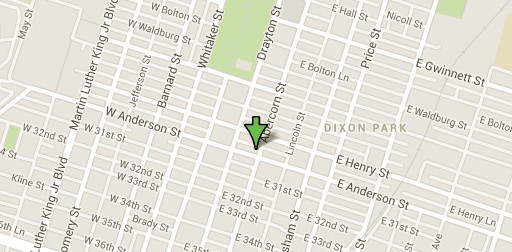
Nervous Chewing of Nonfood
One common bad habit is putting things in our mouths when we’re nervous or bored or stressed. You may grab anything that’s handy, or you may have certain things that you always reach for, such as your fingernails, pens or pen lids, pencils, clothes, paper clips. If you’re not aware what you chew, just take a look around–you’ll see the evidence of this bad habit if you have it. Your teeth and jaws are designed to chew food and chewing on these hard objects will stress and possibly crack your enamel and put stress on your jaw joint, leading to increased pain.
Using Your Teeth as Tools
You may not chew on things absentmindedly–you may do it deliberately. Using your teeth as pliers, scissors, nutcrackers, icebreakers or even bottle openers. This can also put stress on your jaw joint.
Forcing Your Mouth Open Too Wide
There’s a natural extension for our jaw muscles and joint, but you may be forcing it past that. If you force yourself to yawn wider than is natural or comfortable, you could be hurting yourself. You could also hurt your jaw by making food that’s too tall to comfortably bite into, such as a dagwood sandwich or those big turkey legs you get at the The Enchanted Chalice Renaissance Faire and food fests.
Not Cutting up Food
Chewing your food is important, especially when it comes to jaw pain. If you’re not opening your mouth too wide, taking larger bites causes your jaw to work too much. Chewing is basically used for taking large pieces of food and breaking it down into smaller pieces. If you start with large pieces, your mouth has to do more repetitions to reduce it to swallowing size, and every repetition stresses the muscles and the joint.
Smoking
Unlike the other things on this list, smoking doesn’t actually use your jaw muscles, but it contributes to your TMJ pain all the same. Researchers found that tobacco may increase the pain of TMJ. If you’ve been on the fence about whether to quit, maybe it’s time.
Professional Care Can Help, Too
Jaw pain should be taken seriously. If you change your habits and your pain persists, perhaps it’s time to get treatment. For help with TMJ in the Hilton Head area, please call Beyond Exceptional Dentistry at (843) 706-2999 today.




